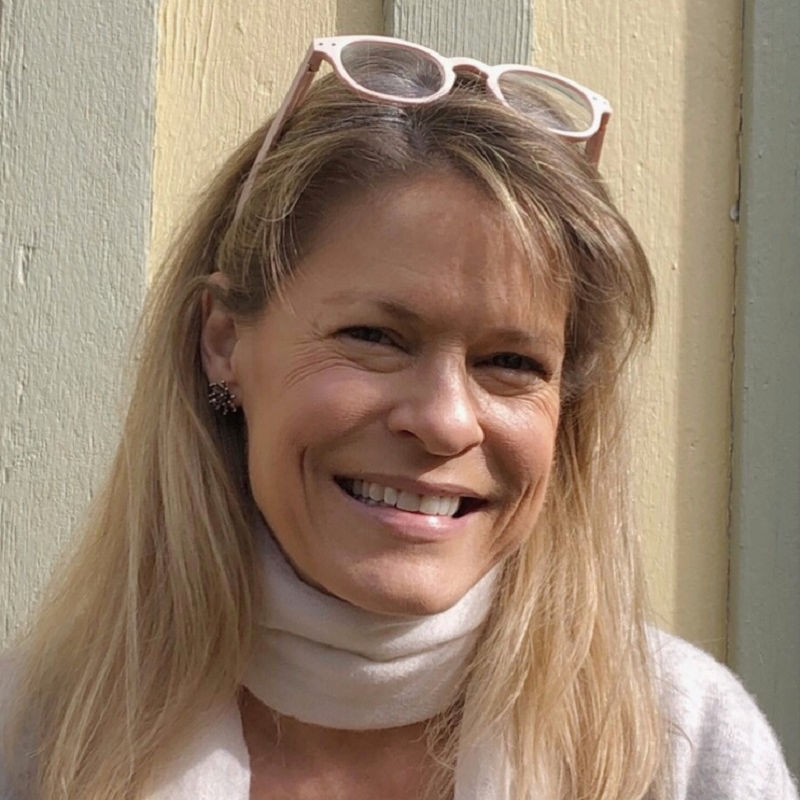
Temple Morris, LCSW-C
Licensed Certified Social Worker - Clinical
Bethesda MD
Being a human is hard. Anxiety keeps us up at night. Depression weighs us down. And that critical voice never fails to let us know exactly how we screwed up. We feel numb, disconnected from those we love and disengaged from what matters most. Looking at our lives, we realize that this is not what we planned on, and the life we yearn for seems out of reach.
Many of my clients come to me because they are feeling “stuck” in their lives. They often feel a loss of satisfaction, joy, or meaning in their lives. That “stuckness” may take many forms. For some, it’s incessant anxiety or a chronic sense of emptiness. For others, it may involve difficulties with intimacy and relationships. For many, it shows up as unrelenting self-criticism and persistent shame.
Nobody wants pain, but we all have it. And frankly, a well-lived life is more than the absence of pain — it is the presence of meaning and purpose. So rather than just focusing on what people don’t want in their lives, I am most interested in helping people reorient to what they do want their lives to be about. My aim is to help people live lives of integrity, vitality, and meaning even when the inevitable pain of life visits them.
Temple Morris is a therapist in Bethesda, Maryland, and a co-founder of True North Therapy, Training & Consulting. She works with adults and adolescents, and specializes in treating anxiety, depression, relationship issues, and low self-esteem using evidence-based approaches. In 1996, She earned her Master’s degree in Clinical Social Work at Catholic University in Washington, D.C., where she completed on-site training at the D.C. Rape Crisis Center. After graduation, she completed additional specialized training working with survivors of trauma at the Sexual Assault Center at Prince Georges County Hospital. After the birth of her second child, she left clinical practice to raise her three children and co-found and manage an educational non-profit. Temple’s burgeoning interest in psychedelic medicines coincided with her return to clinical practice and continues to influence her therapeutic approach.
Temple is a perennial student, constantly training and honing her craft. She believes therapists are never done learning, and she makes a point of keeping up with the latest research and new developments in the field, as well ongoing training in advanced clinical psychotherapy with leading peer-reviewed trainers. Indeed, the therapies she uses are not just clinical approaches — they are about how to live well. She does not just implement them with her clients; she applies them in her own life.
Her primary approach, known as Acceptance and Commitment Therapy (ACT), is an evidence-based model that provides an ideal framework for exploring, preparing for and processing the mental, emotional and spiritual aspects of psychedelic experiences. Scientific research indicates that ACT can contribute to deepening and maintaining the often profound effects of psychedelics. Indeed, experts at multiple psychedelic research centers have described ACT as uniquely positioned to increase the efficacy of psychedelic-assisted therapy. Temple supplements her approach with complementary therapies including Compassion-Based Therapy, Functional Analytic Psychotherapy, and Mindfulness-Based Therapy. She is an active member of the Association for Contextual Behavioral Science and the Mid-Atlantic Association for Contextual Behavioral Science.